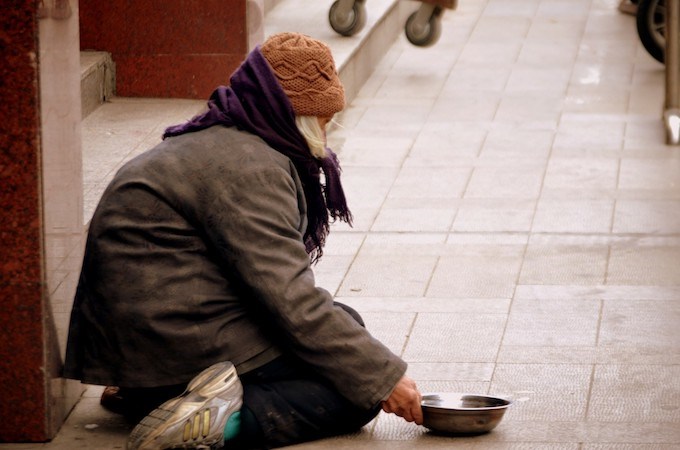This content was originally published by the Longmont Observer and is licensed under a Creative Commons license.
By Eric Galatas, Colorado News Connection
COLORADO SPRINGS, Colo. -- Colorado's community health centers are getting creative and going mobile to serve homeless communities during the coronavirus pandemic.
Peak Vista Community Health Centers has established a new homeless specialty clinic at a shelter in Colorado Springs.
Anne Beer, the centers' director of health equity, says the move makes it much easier for people experiencing homelessness to access medical and behavioral care and social services during the health emergency.
"Moving the clinic down there was a way for us to be a lot closer to people who might not be feeling very good," she explains. "We also took with us the capability of doing the COVID testing."
Beer says so far no one has tested positive for COVID-19 at the Homeless Isolation Shelter set up inside City Auditorium, where Peak Vista sends its mobile health services van daily, or at the city's largest shelter, the Springs Rescue Mission, the site of its specialty clinic.
Community health centers also have expanded their telehealth services, which help limit exposure at clinics, and also helps them reach people quarantined in hotel rooms, or people living outside of shelters.
Cathy Alderman, vice president for communications and public policy for Colorado Coalition for the Homeless, says frequently her clients don't have access to the technology that makes telehealth possible.
"And so in many cases, we're having to use medical staff or clinical staff, taking computers with them to the people, so that they can make that connection to their health care provider," she points out.
Alderman says people experiencing homelessness especially are vulnerable because many have underlying conditions that increase their risk for complications from the coronavirus.
She adds that because they don't have a place of their own or round-the-clock access to soap and running water, most can't follow stay-at-home orders or other recommendations from the Centers for Disease Control and Preventions, including frequent hand washing.


.jpg;w=120;h=80;mode=crop)
